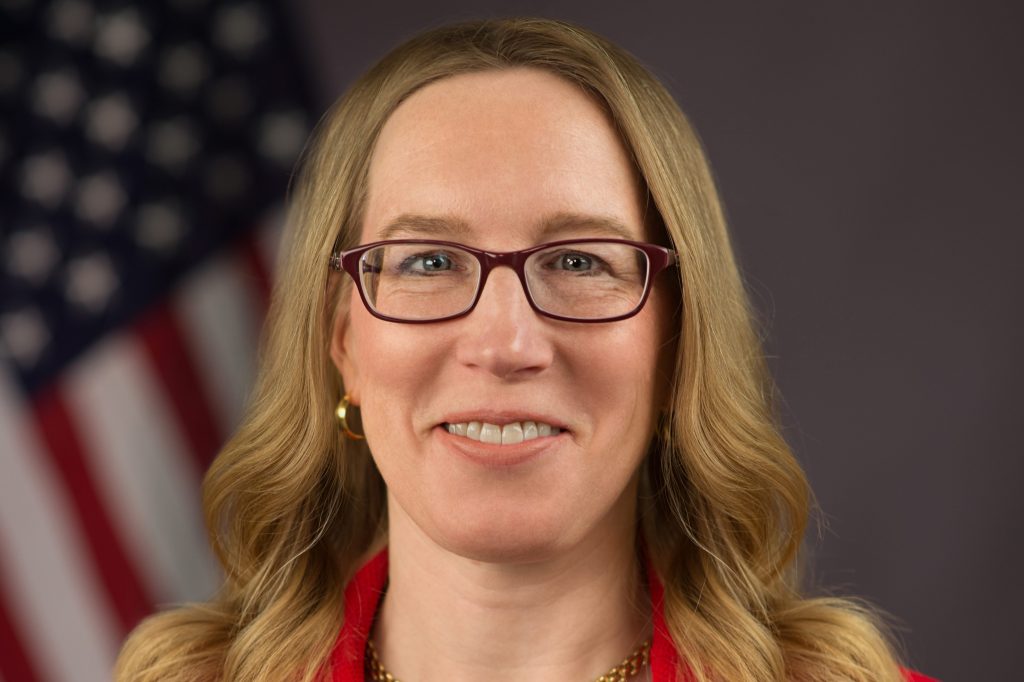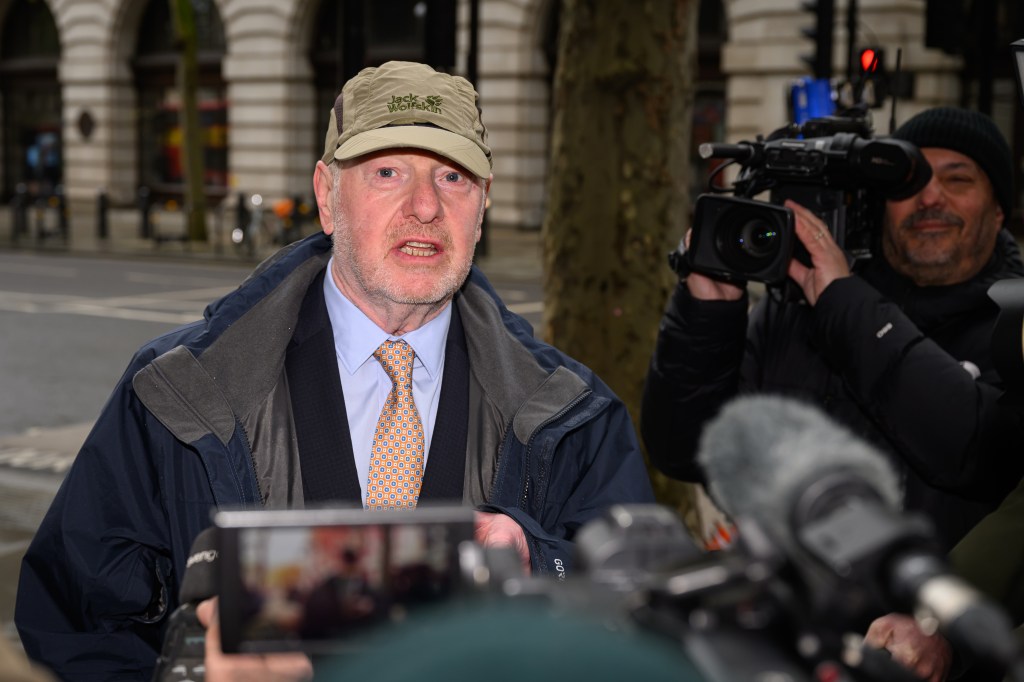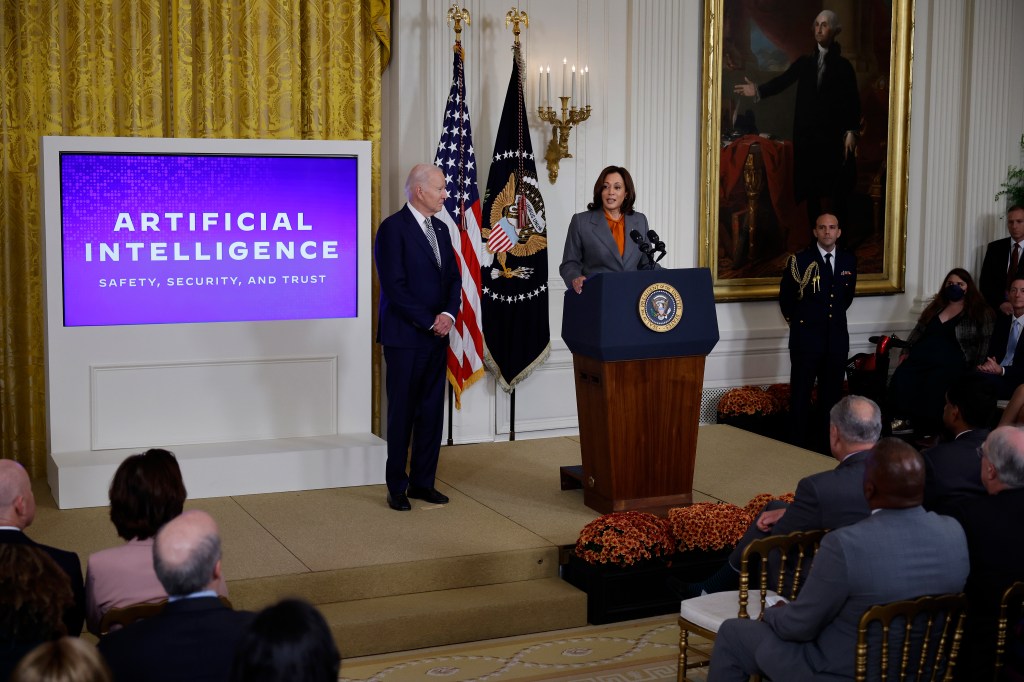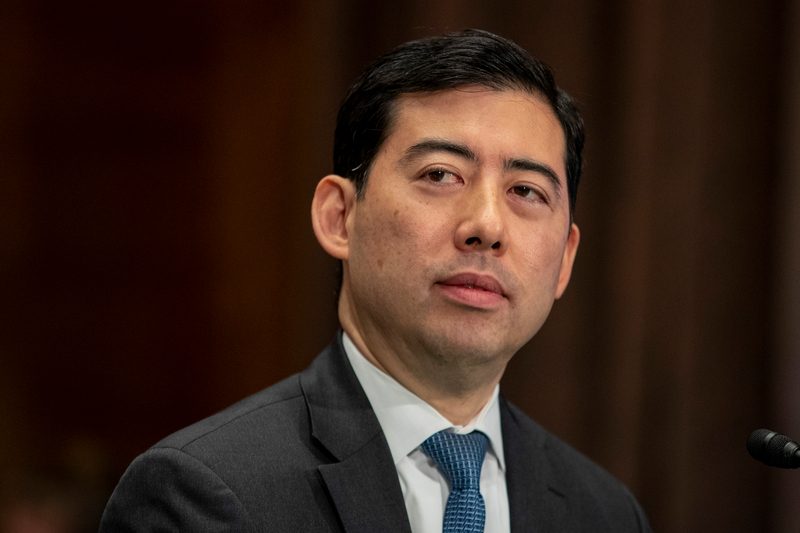The issue of how to regulate crypto is proving to be hard for US regulators. But in the eurozone and the UK, progress on the matter is moving with surprising speed.
The eurozone pushed ahead with the Markets in Crypto-Assets Regulation (MiCA) on 20 April, making the EU a leading jurisdiction for crypto asset regulation. This represents the first piece of EU legislation for tracing transfers of crypto-assets such as bitcoins and e-money tokens. It will establish a comprehensive regulatory framework for crypto assets across the EU, setting out rules for the issuance, marketing, and trading of crypto assets, as well as requirements for crypto asset service providers.
This to some extent paves the way for the development of central bank digital currencies (CBDCs). “The EU, UK, India all seem likely to launch CBDCs within five years. On the positive side, that helps legitimize blockchain and its capabilities in a core way for consumers,” said Morgan McKenney, CEO of Provenance Blockchain Foundation, in a recent Barron’s future of crypto roundtable.
French regulators have reportedly asked to able to fast-track the licensing of crypto firms in the country. The implementation of MiCA includes a 18-month transition period allowing companies to prepare. The European Parliament also approved legislation that “aims to ensure that crypto transfers, as is the case with any other financial operation, can always be traced and suspicious transactions blocked.”
Meanwhile in the UK, the government has pledged to make the country a ‘cryptohub’ and repeatedly said it is laying out plans to regulate crypto.
“The UK has an opportunity to create a well ordered and disciplined marketplace that is more accommodating to those institutional players,” former UK Chancellor of the Exchequer Philip Hammond told Yahoo Finance. “The US has gone too far in making it impossible for certain actors to participate in digital asset marketplaces. The US has an institutional challenge in that there are competitive regulators, and whenever a new product or marketplace comes along, there is a sense that different regulators are trying to position themselves around that.”
“The US has an institutional challenge in that there are competitive regulators, and whenever a new product or marketplace comes along, there is a sense that different regulators are trying to position themselves around that.”
Philip Hammond, Former UK Chancellor
Coinbase v the SEC
Bermuda and the Bahamas have more in common than being island nations with a pleasant climate. Both have favourable conditions and regulatory attitudes to crypto firms.
As Coinbase continues its battle stateside with the SEC, it reportedly secured a license from the Bermuda Monetary Authority (BMA) to operate there. The company is currently locked in a legal battle with the SEC and is demanding clarity from the US regulator on how crypto should be classified.
“The SEC gave us a “Wells notice” regarding an unspecified portion of our listed digital assets, our staking service Coinbase Earn, Coinbase Prime, and Coinbase Wallet after a cursory investigation,” Coinbase announced in March, and said “the U.S. government’s current approach to crypto threatens US security”.
Brian Armstrong said at the Innovate Finance Global Summit in London last week he would consider moving the company outside the US unless some kind of regulatory clarity is achieved, and even said he would consider the UK as a base given its positive outlook.

Armstrong reposted a tweet that seemed to mock Gensler. It quotes him saying “so we already know in the US and in many other jurisdictions that 3/4 of the market are not ICOs or NOT what would be called securities, even in the US, Canada, and Taiwan, the three jurisdictions that follow something similar to the Howey Test that we’ve talked about. Three quarters of the market is non-securities. It’s just a commodity, a cash crypto”.
At the same time, former chairman of the CFTC Chris Giancarlo said at Coindesk’s Consensus conference this week “[currency zones] will yield highly integrated digital currency networks of the future. The world will have CBDCs and stablecoins, whether we like it or not, and whether the US chooses to lead or to follow. The question is not whether the future of digital money can be forestalled – it can’t. The question is whether surveillance coins of authoritarian governments will encounter competition from freedom-protected digital currency endorsed by venerable democracies like the US.”
During his time as CFTC chairman, Giancarlo was known for his support of blockchain technology and cryptocurrencies, and he advocated for a “do no harm” approach to regulation in this area.
Global implications
Whatever decision regulators reach in the US, the implications will be felt worldwide, says crypto expert and Truflation founder Stefan Rust. “It will impact everyone else, whether you’re in the US or not. [The case of Coinbase is an example of] how a government entity can have such a negative stance on something that is actually so critical to an economy, especially if the currency driving your economy drives 80%+ of global trade.”
The lack of clarity is seen as harmful for consumers as well as those within the industry, concentrating power in the hands of a few players. The majority of crypto retail investors and users are currently pushed into using central exchanges, exposing them to vulnerabilities like exchange hacks and bankruptcies like FTX.
“Enlightened regulators in most countries understand this technology has promise, but they’re finding it very difficult to find the right balance between making sure they can maintain financial stability on the one hand, and allowing this technology to flower on the other. We’ve seen fragmented responses with the EU striking out on its own. The US lack of clarity is really hurting the industry,” Cornell University professor Eswar Prasad told Barron’s.

















